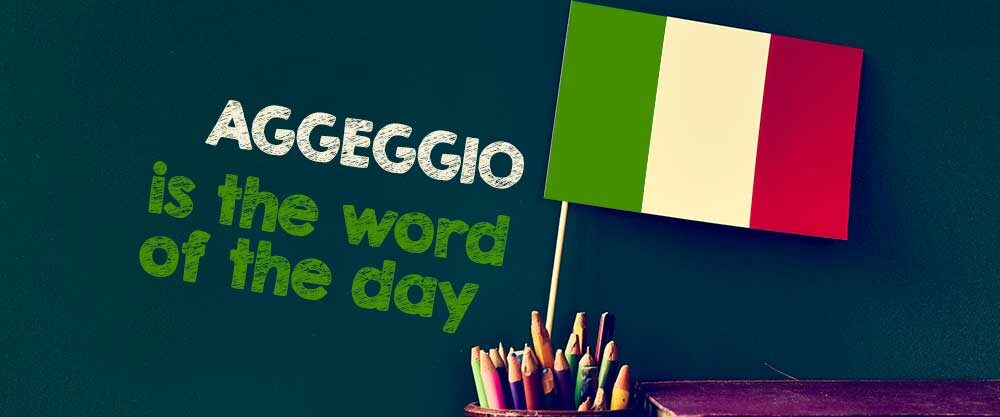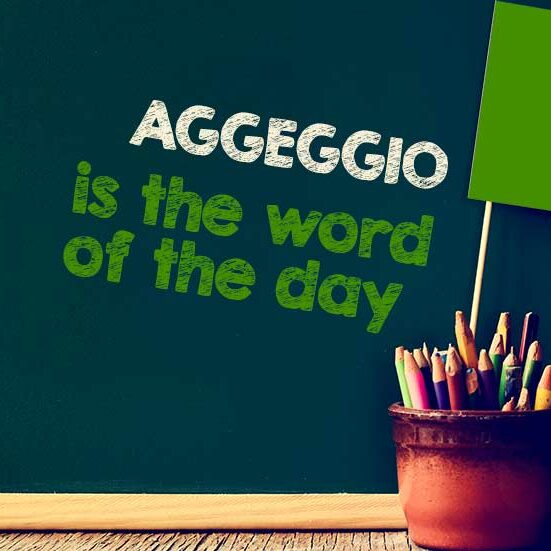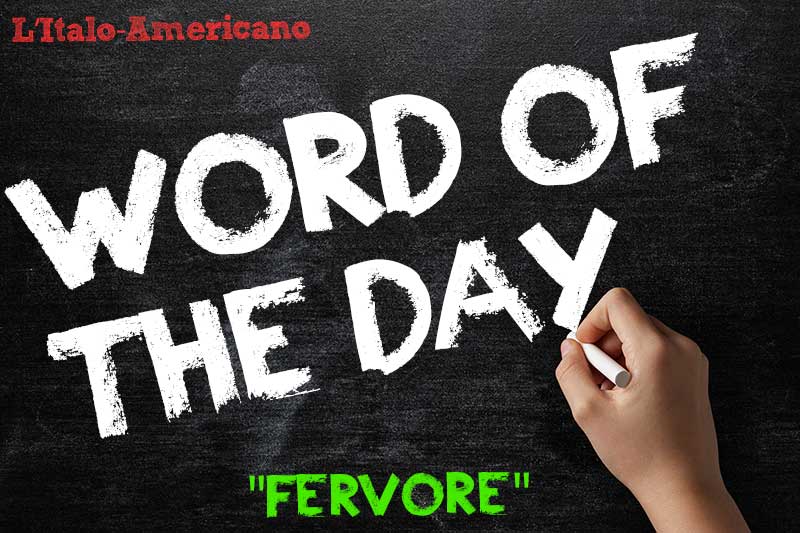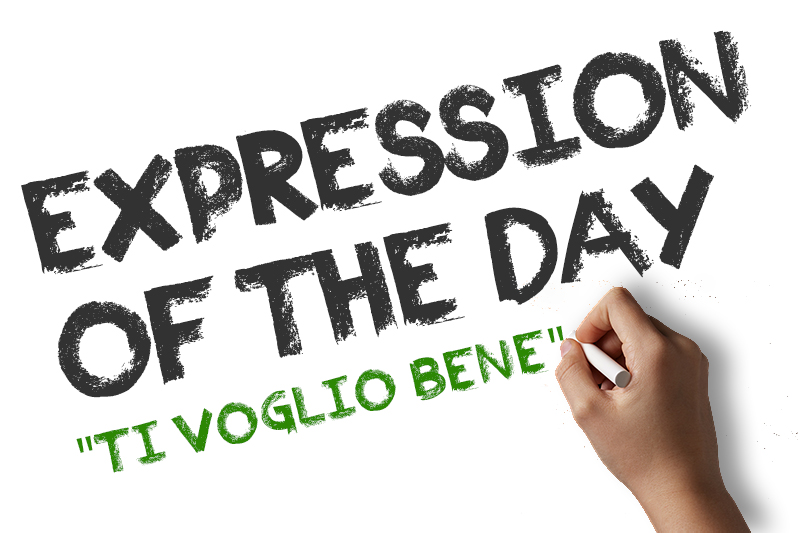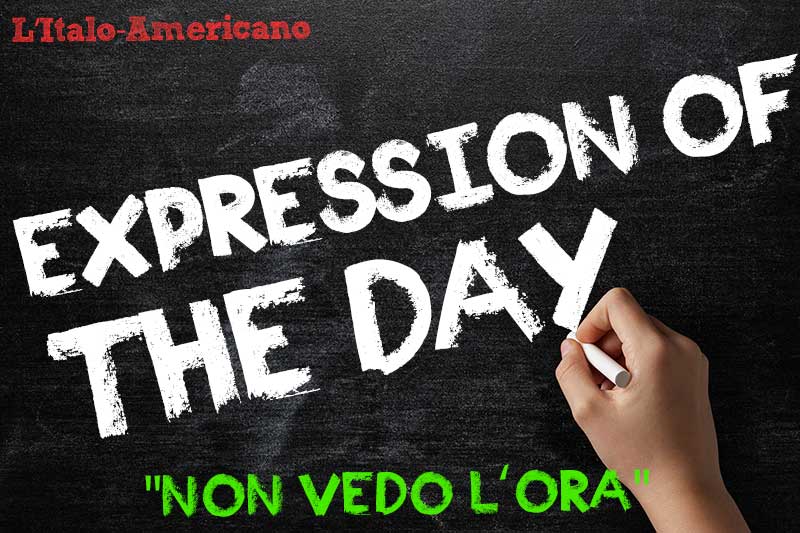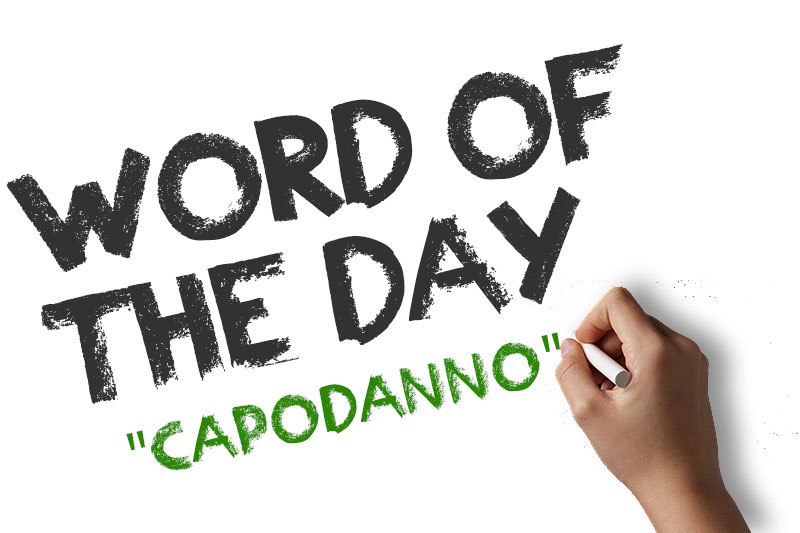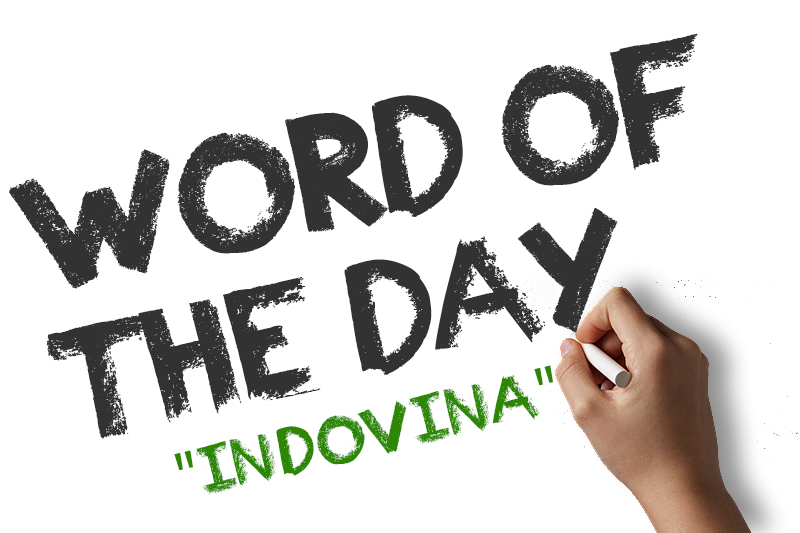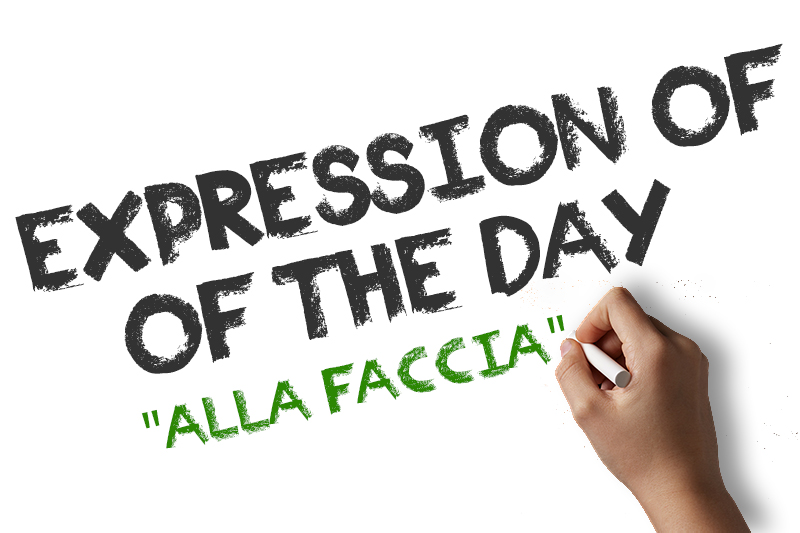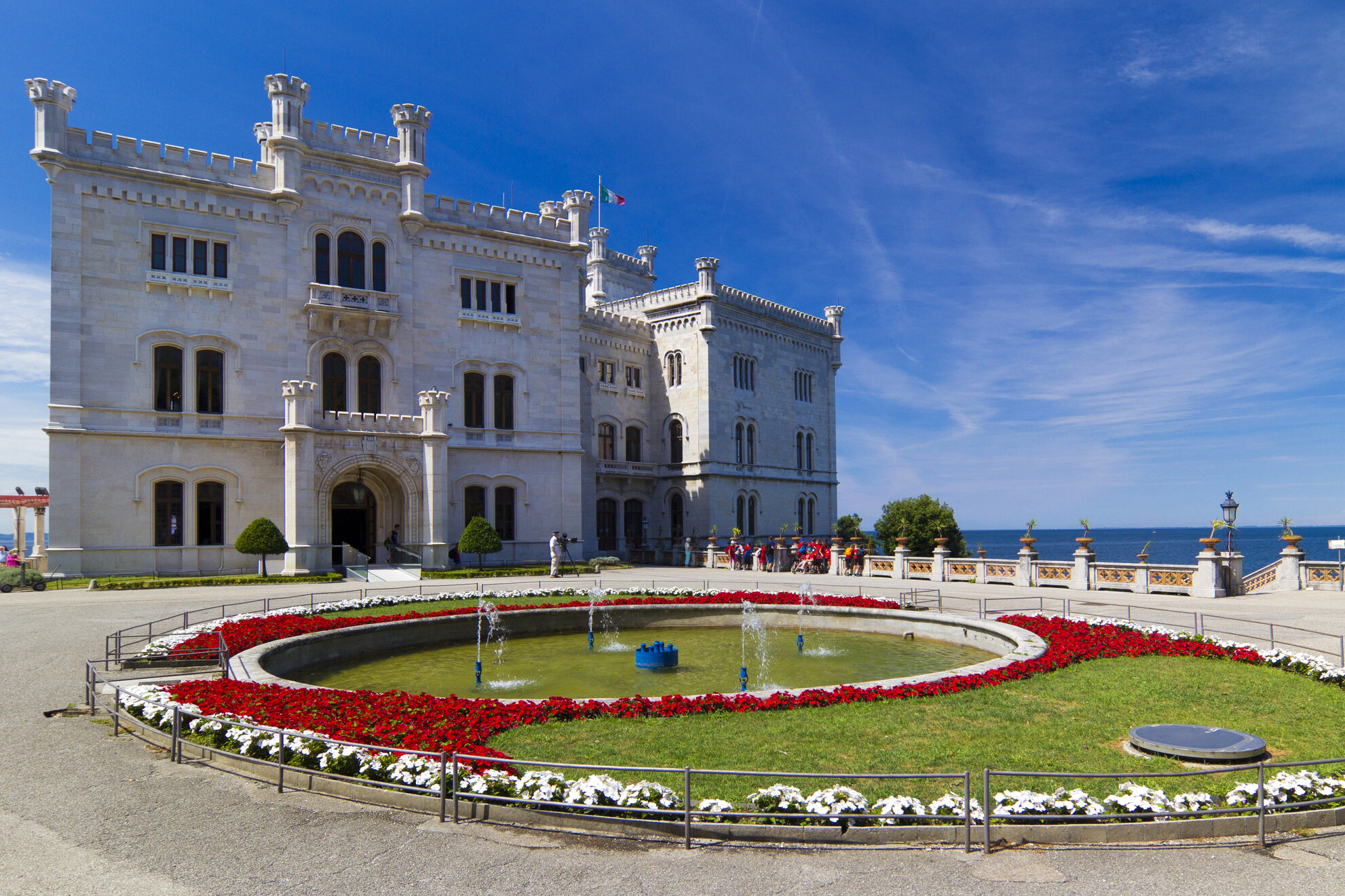Word of the Day
I wonder how many people are familiar with the Italian word fervore ( fair-voh-reh), easily recognizable as the English “fervor.” Fervore comes from the Latin fervor-fervoris, which means heat. The old Latin verb from which is derived, fervere, still exists …
Happy Christmas, Buon Natale a tutti! Festivities, even in this dreadful Covid-19 climate, remain a time to think positive and smile. And is there a better way to celebrate that making a toast? In English, we use the word cheers, …
Ti voglio bene (tee voh-llioh bai-nai) is the sweetest of Italian expressions. Unlike its more theatrical sister, ti amo, “ti voglio bene” tends to be more subtle but also more authentic. When you say “ ti voglio bene,” you’re usually …
Davvero (dahv-vai-roh) means “for real.” It comes from the locution da vero, “which comes from reality,” and began being used in the early 14th century. It corresponds to other common words in Italian, like veramente, and locutions, like sul serio. …
If you translate literally non vedo l’ora (noh-n vai-doh l’oh-rah), it doesn’t make much sense. What could “not being able to see the time” possibly mean? Well, we don’t use it with that meaning, really. Non vedo l’ora is the …
After this necessary preamble, let us look at this week’s word, the Italian for New Year, more closely. For those familiar with the language, its etymology is clear: Capodanno comes from capo d’anno, the literal “head of the (new) year.” …
Indovina (een-doh-vee-nah) comes from the word indovinare, which means to guess. This little verb of ours is worthy of some more discussion. It comes from the vulgar Latin indivinare and, through it, from the Latin divinare, to foretell. So, indovinare …
If you don’t know how to use it, you don’t know how to translate it. There is a lot of truth in these words, especially for terms like figurati (fee-goo-rah-tee), whose actual meaning has nothing to do with its etymology and …
Is there a word more famous than mascherina these days? Mascherina (mah-skai-ree-nah) in Italian means face mask. In the Bel Paese, mascherine are ubiquitous and people got largely used to wearing them. Surgical blue or fantasy cotton, you see them …
We all use it, but where does it come from, really? And how should we translate it into English? These are the two, most pressing questions associated with our expression of the day, alla faccia (ahl-la fah-tcha). According to our …
